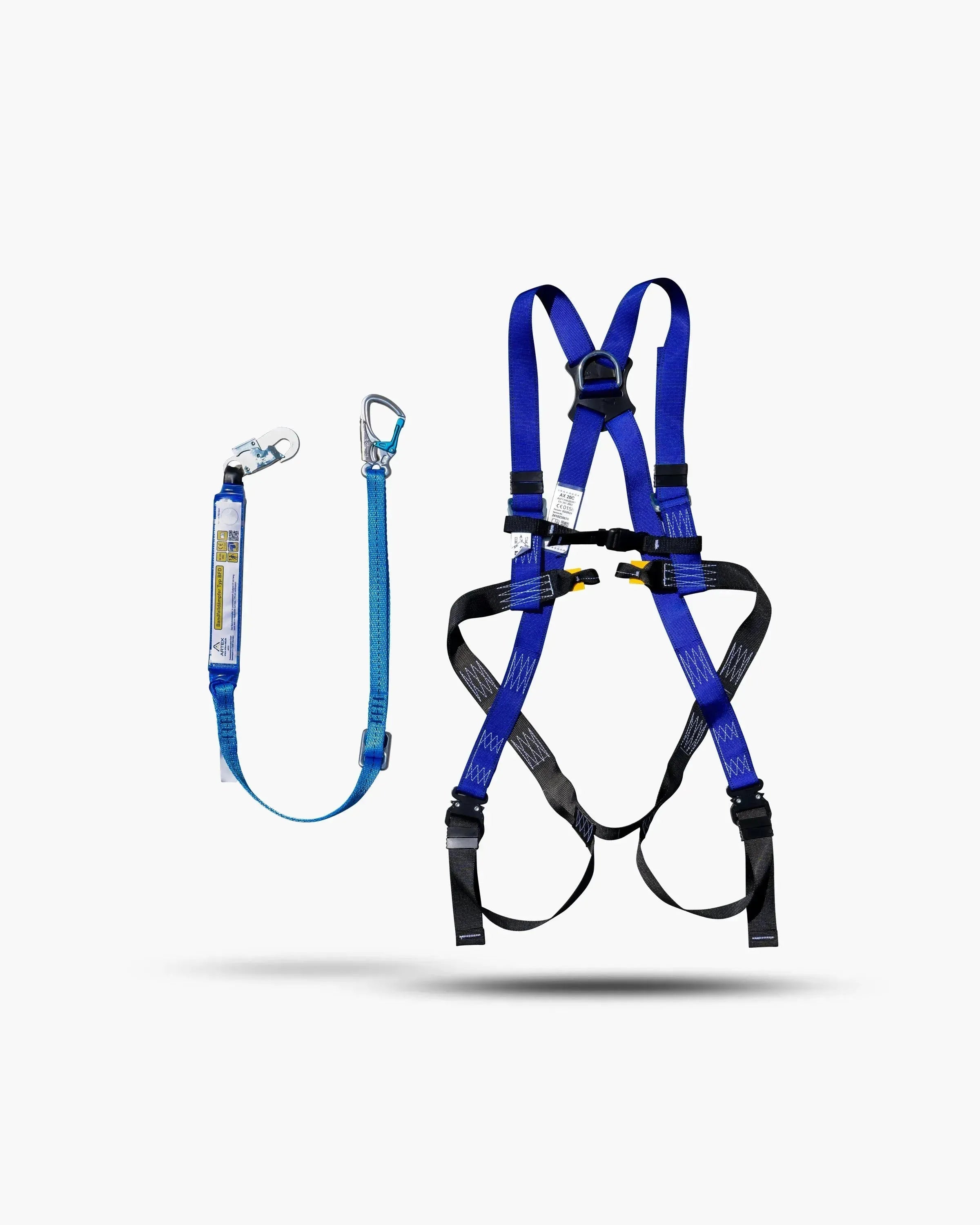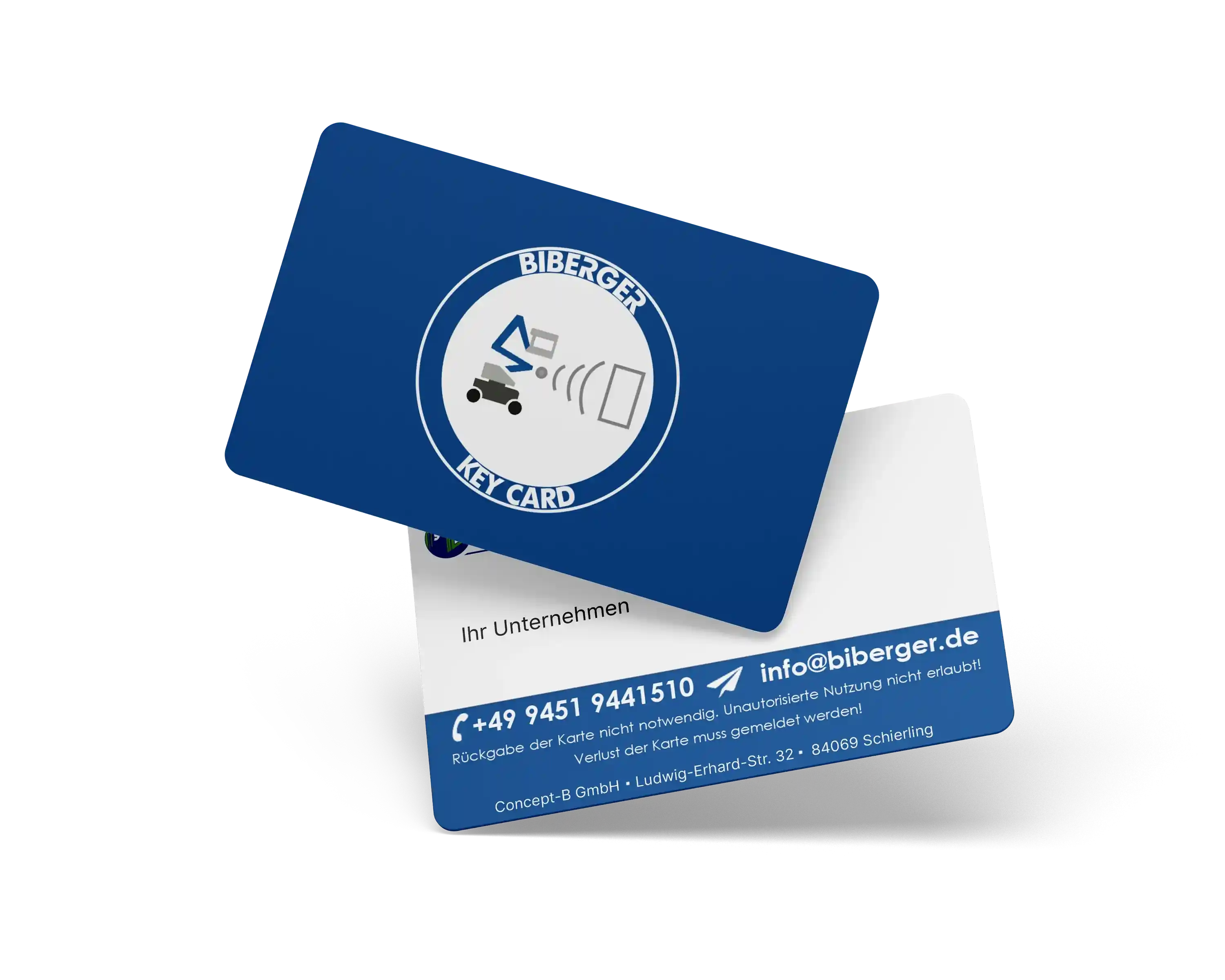You're standing in the basket of a work platform for the first time – 36 meters above the ground. Below you: nothing but air and technology. And suddenly it comes:
“What if this thing tips over?”
Don't worry—you're not the first to think that. New operators, in particular, ask themselves this very question. And that's a good thing. Because those with a healthy respect for heights approach the mission more consciously and safely.
The short answer is: Yes, a lifting platform can theoretically fall over – but only if it is operated incorrectly.
You'll find the long answer here: Why work platforms are extremely safe today, what can really lead to a tipover – and how you can completely eliminate the risk with a few simple rules.
How safe is a work platform really?
The fact is: Modern work platforms are technically sophisticated, robustly built, and equipped with numerous safety features. If used correctly, the risk of tipping is virtually zero.
The DGUV records accidents involving mobile elevating work platforms every year – and the picture is clear:
More than 70 percent of all accidents are not due to technology, but to operating errors.
Wrong surface, no emergency lowering, overloaded basket, too strong wind – it's always the same classics.
The good news: This is exactly what can be avoided.
Why does a stage tip over?
A stage only tipping over occurs when the basic rules of physics are ignored. Specifically, this means:
- The ground gives way or is sloping
- Existing supports are not extended correctly
- The stage is incorrectly supported or not leveled
- The load in the basket is too heavy or acts sideways
- The operator drives with the boom extended in windy or jerky conditions
- Obstacles such as manhole covers or curbs are overlooked
Remember: The stage doesn't tip over on its own—it's tipped over by mishandling or misjudgment.
Caution: Even when driving up a ramp before transporting the work platform , a tipping moment can occur if the platform starts at an angle, the angle of inclination is too steep or there is insufficient protection against slipping.
This ensures that your stage remains stable
Safety doesn't begin in the basket , but before you press the first button . If you follow these tips, you'll be on the safe side:
Check the soil – really
- Is the ground level and stable?
- Are there manhole covers, edges, slopes?
- Is the soil wet, muddy or cohesive ?
If in doubt: secure, support or look for alternatives.
Here you can find further information about: Soil pollution
Load basket and platform correctly
- NEVER exceed the permissible basket load (stated on the device!)
- No lateral loads – e.g. heavy tools on one side
- No jerking, no leaning out
Basket = platform.
Never in wind, rain or snow
Wind force 6 is the limit, even if it's "still okay."
The wind hits the basket like a sail – and that can be enough.
No rides with the basket extended – unless permitted
If you want to drive, lower the platform. Only certain machines are allowed to roll with the basket slightly extended—and even then, only slowly, on level ground.
Check support and leveling
- Are the supports fully extended?
- Is the stage in the green area of the display?
- Was there any response to the tilt?
If not: don’t use the stage, but improve it.
What do the numbers say?
In 2023 , fewer than 200 reportable accidents involving aerial work platforms were recorded in Germany. This number seems high, but compared to the tens of thousands of incidents per day, it's an extremely low rate.
And the best part: Almost every one of these accidents was preventable. With training, instruction, and concentration.
Who is responsible?
Regardless of whether you rent the stage or have it in your own equipment park:
The responsibility always lies with you – the person who operates the stage or organizes the event.
That means:
- Only trained personnel may operate (DGUV compliant)
- Before each use, the following must be checked: device, environment, PPE
- Correctly attached PPE is mandatory in the basket!
- An emergency plan must be in place – including emergency discharge
With rental equipment, the landlord is responsible for its technical condition – but not for how you handle it.
Rent security? It's possible at BIBERGER.
When you rent work platforms or forklifts from BIBERGER, you get:
- State-of-the-art and tested height access solutions
- A personal briefing upon handover
- SYSTEM-CARD aerial work platform training
- Support before project start
- a 24/7 emergency hotline
Are you new to the topic? No problem. We'll guide you through it step by step. Here, for example, you'll learn how to react in the event of an accident involving a work platform and why on-site training at your company is a good idea.















Share:
Accident with a work platform? How to react correctly in an emergency
All mobile elevating work platform regulations at a glance